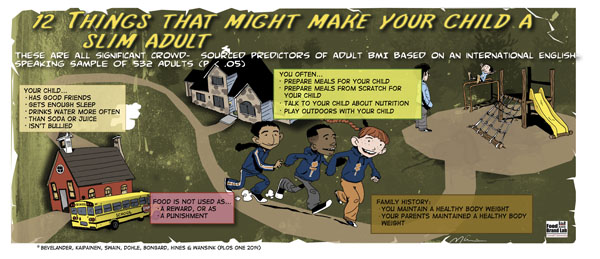
Image: Norma Desmond
The incidence of autism spectrum disorders is rising in the United States, and the latest estimates reveal one in 68 American children is affected.In 2012, the rate of incidence was one in 88.
New findings released March 27 in the Centers for Disease Control and Prevention’s Morbidity and Mortality Weekly Report, include data collected by University of Alabama at Birmingham researchers who lead the Alabama Autism Surveillance project, a part of the CDC’s Autism and Developmental Disabilities Monitoring Network.
Autism spectrum disorders are a group of developmental disabilities that can cause significant social, communication and behavioral challenges. The ADDM Network data help the CDC direct research into potential risk factors and help communities direct outreach efforts to those who need it most.
“We are confident that some of this increase is due to increased awareness and access to services; however, those issues don’t explain all of the increase,” Martha Wingate, Dr.PH, director of the AASP and associate professor in the UAB School of Public Health, said of the data, which were collected at 11 ADDM sites during the 2010 surveillance year.
“Our study focuses on providing an estimate of children affected to help with policy development and planning for medical providers and schools, but other researchers are working hard to figure out why there is an increase,” Wingate said. “Some studies are looking at paternal age, preterm birth and other factors; but there is not one cause.”
In Alabama, the number of 8-year-olds identified was one in 175 children, compared with one in 303 in 2002. Wingate says this is lower than at some other ADDM sites, but it’s still an increase of more than 70 percent.
The study also found approximately one in 42 boys and one in 189 girls living in the ADDM Network communities were identified as having ASD. Non-Hispanic white children were approximately 30 percent more likely to be identified with ASD than were non-Hispanic black children, and they were almost 50 percent more likely to be identified with ASD than were Hispanic children.
“Our biggest focus continues to be on recognizing the signs and symptoms of autism spectrum disorders and other developmental disabilities and getting children access to services early,” Wingate said. “The CDC’s “Learn the Signs. Act Early.” campaign is focused on educating providers and parents about the importance of recognizing developmental delays and getting children into the appropriate services.”



